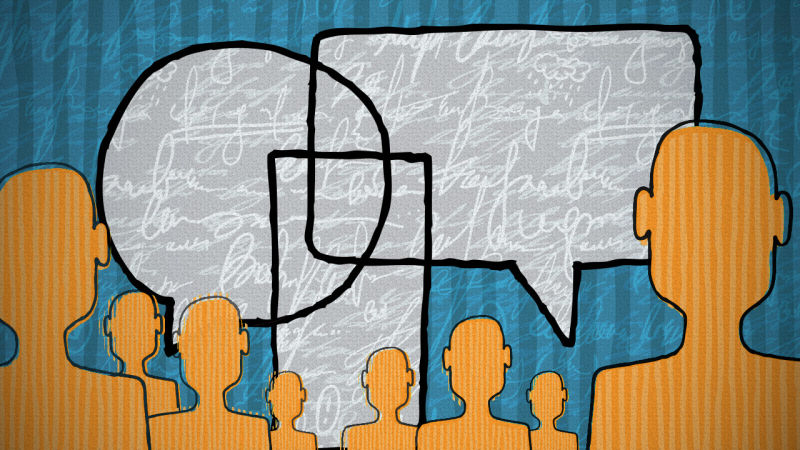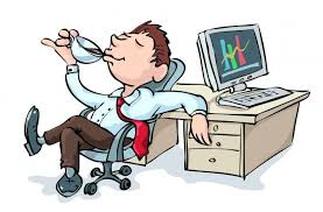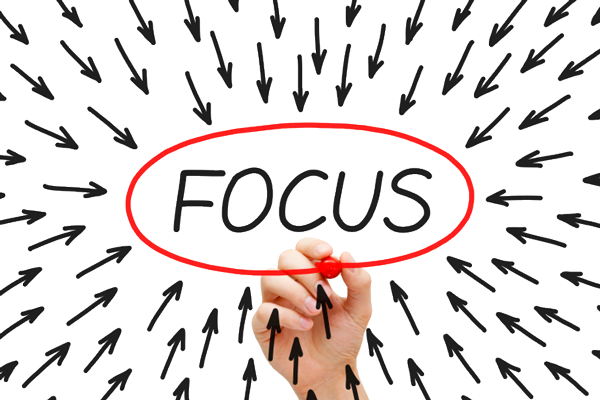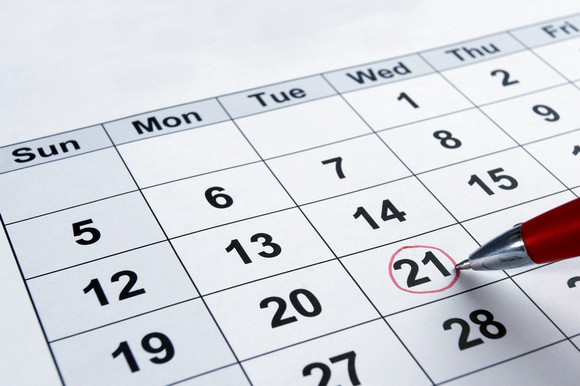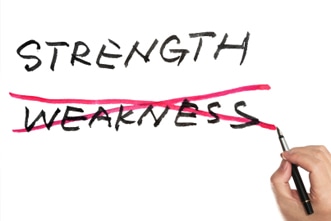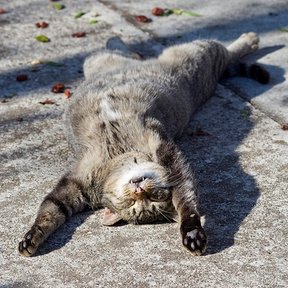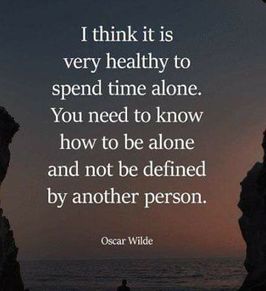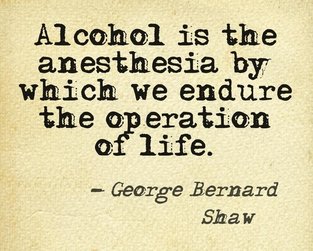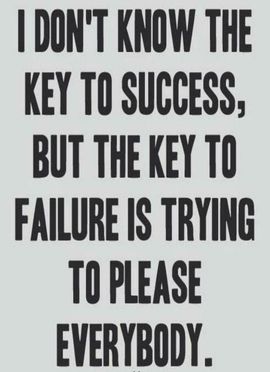stress and depression:
Tips 'n tricks
|
Of course, where there is a problem, there is always a solution. Below some pointers in the right direction that may be useful in the case you are exposed to stress and depression within the academic context (and potentially beyond).
For those that missed it: this is the follow up of the part of the causes and symptoms of stress. If you haven't checked it out thus far: please click below! |
|
Disclaimer: the author of the page is not a medical doctor. The messages on this topic serve primarily to address the existing taboo on the issue, and feedback from health care professionals should be sought after by those in need. |
|
|
3. Finding the location of the problemOnce you have realized there is something not quite right, you may attempt to find the origin of the problem. Some people may be genetically more susceptible to stress symptoms than others. Also, external factors may play a role. However, more often than not, an unbalanced behavior (featuring traits of perfectionism) is usually at the basis.
|
4. Acceptance of the problemOnce the problem is observed, it is important to (try to) accept it. Obviously, this can be particularly hard for perfectionists, as this goes directly against their quest for perfection. Therefore, accepting the problem may become a rather frustrating endeavor... So please, take a seat, light up a smoke, and join the rest of us imperfect suckers...
|
5. Adjusting behaviourFace it: it may be hard to change your genetics. Similarly, it is probably unrealistic to avoid any external stress factors in your life (especially if you are married!). Hence, it is useful to see if you can influence your behaviour for the better. Find accordingly some useful tips 'n tricks below.
|
5.1. BalanceAs many scholars end up virtually living in the lab, an obvious general start is to try to balance your work versus private life. However, as many also enjoy work, it is important to start small. Quitting cold-turkey may even turn your 'burn-out' into a 'bore-out'. So carefully evaluate where you would want to make some space for 'fun'.
|
5.2. Shit happensIn your path towards a more balanced life and behaviour, it is useful to realize that relapse into old habbits may occur. Again, try to avoid to attain 'the perfect change of behaviour'. For example, you may simply screw up a few times. No problem: shit happens... Again, accepting your own flaws removes a large part of possible frustration.
|
5.3. Recognize and appreciate symptonsAs mentioned on the symptoms and causes page, many symptoms related to stress may occur. It is very instrumental to see if you can recognize them. Once you figure out what happens and when, you may find a way to break the cycle. In the latter sense you can use your body as an analytical instrument!
|
5.5. Lower the barSimple one for all the perfectionists: Critically evaluate whether you are not setting the bar too high. By setting unrealistically high goals, you are putting enormous stress on yourself. Often, doing 50% of what you intended to do still means you were very productive. Moreover, as the pressure of finishing everything on time is reduced, the quality of the work may improve... give it a try!
|
5.7. FocusThe absence of focus can be a true cause of stress. By shifting focus every 5 min, the brain is unable to settle, which can result into exhaustion. Moreover, typically the quality of work suffers when the focus is reduced. So forget about multi-tasking and simply do a single thing properly!
|
5.8. Organized workOne method to keep focus is to organize your working day. Take a moment, and write down the things you wish to accomplish. Of course, make sure that the targets are realistic. Finally, try to stick to your plan. The latter may sound it easy, however the amount of (digital) distractions can be hard to ignore...
|
5.9. Intentionally drop the ballMany people may feel like they are having too many balls in the air. After evaluating carefully which ball, you can simply let one fall the ground. Often you will see that the almighty disaster you were expecting did not occur. You may even see people standing up and trying to keep the ball in the air for you...
|
5.11. Change 'have to' into 'want to'A good way to change your mind set is to realize in which cases you can replace 'have to' with 'want to' or even 'would like to'. By doing so, the driving force for executing a certain task/activity becomes the gain/pleasure you get from it, rather than having to do something simply for having it done. In this way you may start to enjoy the process more rather than just wanting to cross it of your list of things to do. In the end, you really only have to breath, eat, drink, pee, poo, and pay taxes!
|
5.12. Rekindle your passions: fun centralAs you dedicate more and more to your professional occupations, it is easy to forget about the (other) personal things that you enjoy. When you find yourself stressed out, it may be an interesting option to evaluate what you are passionate about. If you are not sure anymore what 'to be passionate about' means: a good indication is the ability to forget about the time when you do it...
|
5.13. Explore relaxationWhen rushed by stress and pressure, it can become hard to relax. By focusing all day on things to get done, you may end up putting the things you do to relax on a similar list. This implies that you can probably no longer enjoy the event to the fullest extent. For example, having a dinner with a lot of people may not be all too enjoyable when you are extremely stressed. In this case it is useful to explore/evaluate whether something really helps to relax you. If it doesn't, it may be useful to simplify the relaxing proces.
|
5.14. Accept imperfection in work and privateThe acceptance of imperfection can be applied also to the private domain. It is important to realize that also there setting the bars too high and striving for perfection can give rise to frustration and problems. It is perhaps even more important in the private domain as unsustainable behaviour may negatively influence your relationships with those you hold closest...
|
5.15. Enjoy a night aloneA priceless realization is that a night alone may be a reward on itself. Especially when used to doing (too) many things, this notion is often lost. Alone you do not have to answer to nobody and you can simply do whatever you want. So get on your pyjama, order a pizza, and read that book or finish those series on Netflix. Simply accept that you are not productive and not social: bask and revel in it :)
|
5.16. Numbing?A possible way to cope with stress is to indulge in chemical sedatives, such as alcohol. Although this may be good fun and effective on isolated occasions, this does not pose a sustainable solution to the causes of the stress. Hence, on the long haul, try to focus on altering behavior rather than numbing the symptoms of it...
|
5.17. Try to avoid overreactingIn the case you are frustrated or stressed with work or the physical/mental position you are in, you may loose your temper and wrongfully address people. Especially when reoccurring this is a rather unsustainable trait. Hence, it is useful to try to recognize the mental or physical indications associated with that state of mind. In this way you may prevent your detonation in furious anger!
|
5.18. Indicate incapacity: say noIn lowering the bar, an important quality is to indicate your inability to do something. This may be based on a simple lack of time, or on a lack of expertise. In many cases, those asking are not (fully) aware that you are already too busy. Hence, try to communicate clearly when you are overloaded. Not only may it reduce the workload on the short and long term, communicating how you feel may reduce your feeling of isolation.
|
5.19 Information controlA large source of stress is the ever increasing streams of information we are confronted with. It is important to realize that it may be very well impossible to answer to all inputs you receive. So, try to organize your information input strategically to maintain focus. One could for example decide not to check certain types of messages at work. Similarly, it may be useful to check emails primarily on fixed times. For example, not checking email on Sunday may not only be a very christian thing to do, it may enable you to relax at least one day a week!
|
5.20 Intentionally delay replyThe daily flow of emails can be a true source of stress. It can be good to realize that many emails do not need a reply within 5 minutes. Instead, often a reply within a day or even a week is fine. In allowing time between answers, you enable both yourself and other party to think of the situation more. Accordingly, you will not lose focus so often, the email exchange may pick up efficiency, and some 'problems' may even solve themselves. Give it a try!
|
5.21. delegateIn getting more familiar with saying 'no', you may realize that somebody else may do a certain task too. Hence, you may delegate it to somebody else. After instructing them as well as you can on the task at hand, it is important to give them the space to do it, and to accept the imperfections of others. Finally, when faced with the outcome of the task, focus on the strengths of the result rather on the weaknesses...
|
5.23. Eat healthy and exerciseLast but not least a rather obvious one, that needs to be mentioned nonetheless. In the end we are simply large complex bio-reactors. In trying to improve our ways, putting in more healthy food can only be a good thing. Moreover, going for some exercise is a very suitable way to 'reset' the biochemistry of the brain. Right, Frank?
|
Further readingUpdate: Regarding smartphone usage (point 5.19): Dr. Ward and coworkers (University Texas) recently showed that simply having a smartphone near you can have a negative effect on your performance. Check out the very intuitively written paper below:
| ||||


